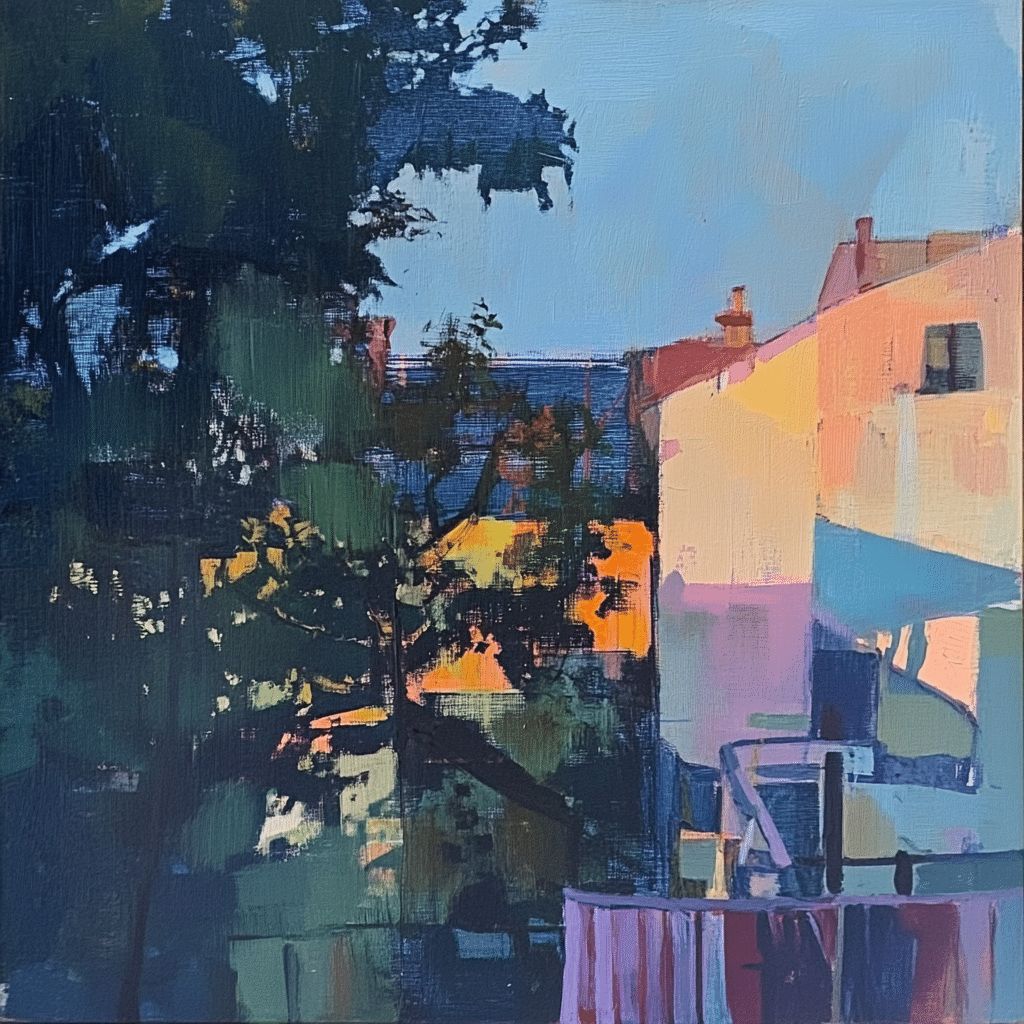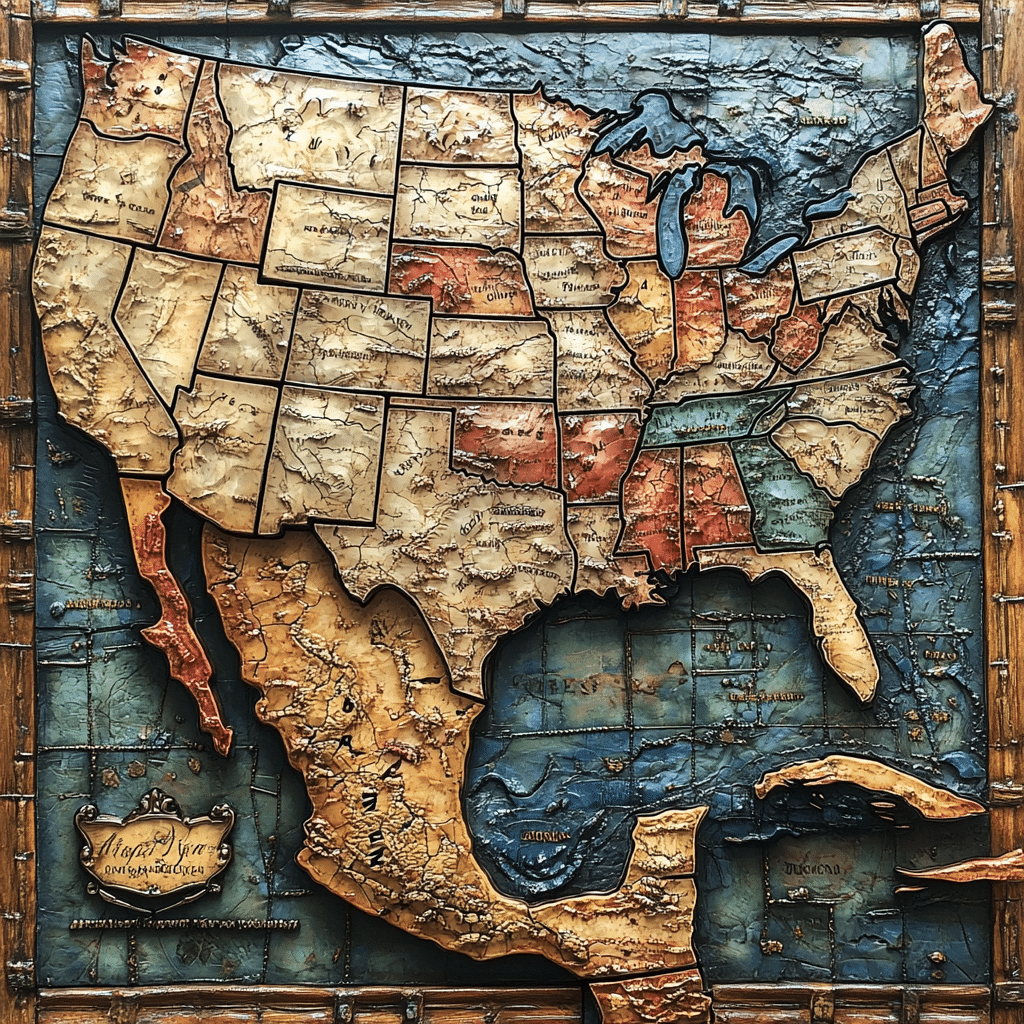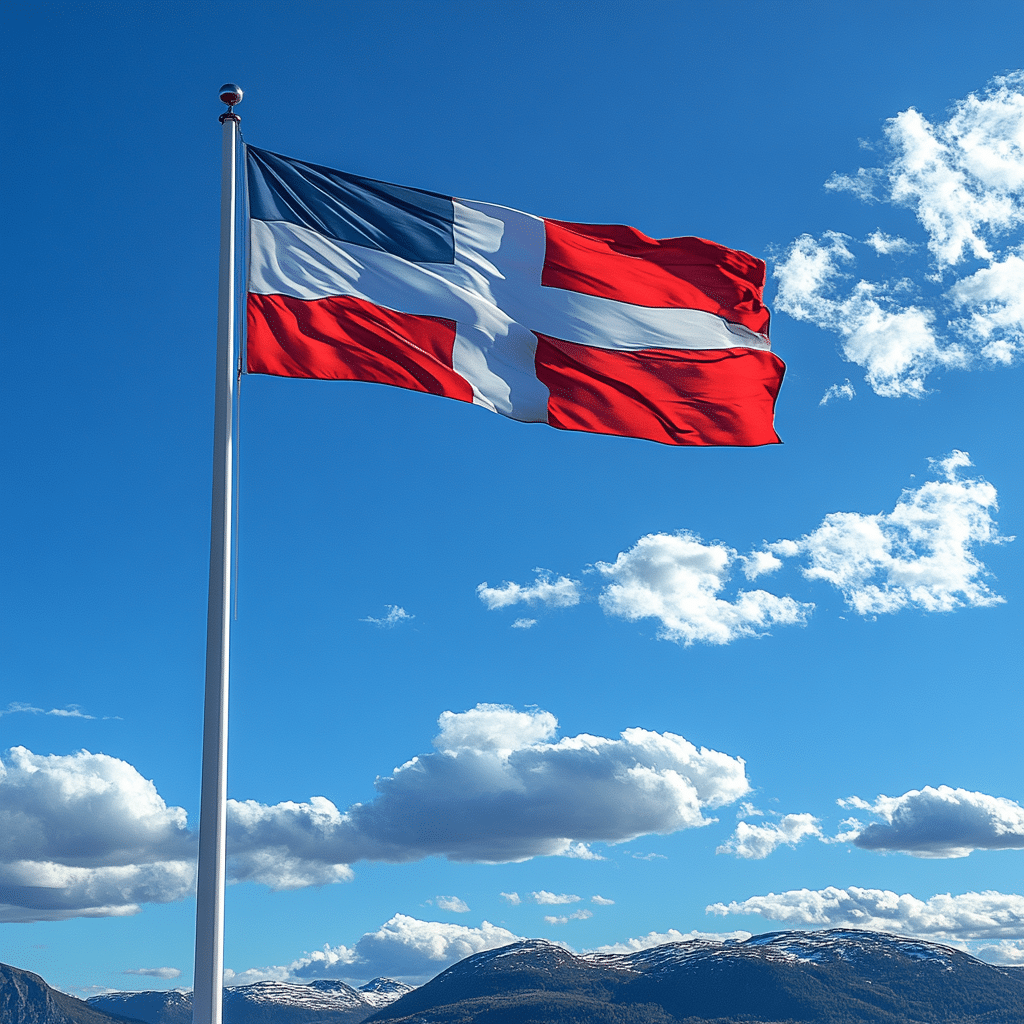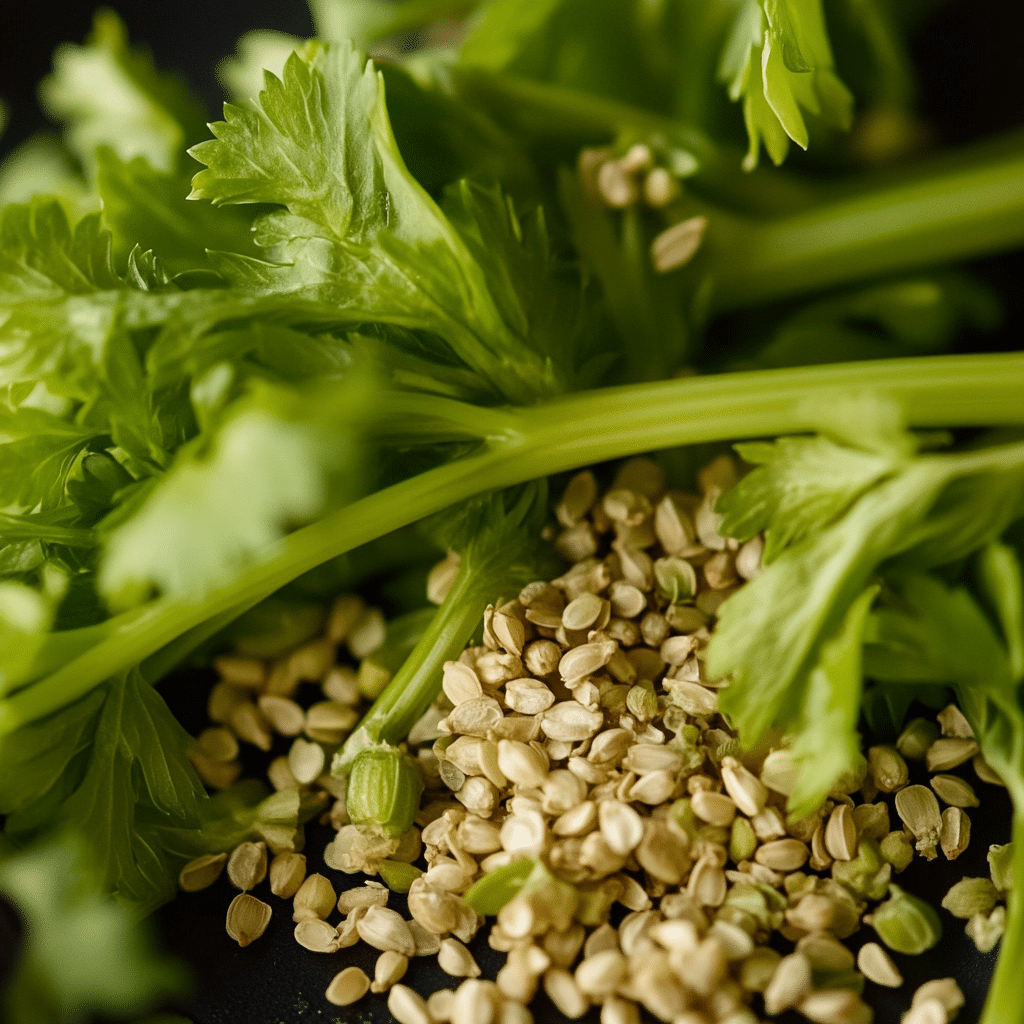Youre Welcome in French: Key Phrases Explained
When you think of international etiquette, that oh-so-charming phrase “you’re welcome in French” might pop into your head quicker than you can say “oui!” The French have a flair for politeness that can make you feel at home, even in a country where you don’t speak the language. So, if you’re planning a trip to Paris, or just want to impress the lady at the café with your savoir-faire, mastering “you’re welcome” is essential. The French say “de rien,” which literally means “of nothing”—showing that your kindness requires no repayment. In this piece, we’ll break down those essential phrases that’ll elevate your French conversation game to stratospheric levels.
Understanding cultural nuances is like admiring a good piece of art. It invites you to step back and appreciate the details. Expressing gratitude in French isn’t just about using the right words; it’s a gateway to enriching your interactions. From casual chats with buddies to formal dinner parties, these phrases will help you navigate different conversational settings with grace and charm.
Before we dive into the phrases, remember that “you’re welcome in Spanish” can also bring comforts similar to “de rien.” It’s all about connecting with others—becoming your own linguistic bridge! So, grab your beret and let’s hop into these expressions that’ll turn you into a suave French conversationalist.
Top 7 Essential French Phrases to Elevate Your Speaking Skills
If you’re ever in doubt, “de rien” is your best friend. This phrase is like a warm hug after a compliment. It’s versatile, friendly, and fits like a glove in casual and formal situations alike. Use it when someone thanks you for a favor, and you’ll instantly come across as approachable and classy.
For those laid-back moments, “pas de quoi” can bring a casual vibe to the conversation. Picture this: you’re at a bar, and a buddy thanks you for picking up the tab. Instead of a stiff “thank you,” throw in “pas de quoi”—you’ll nail that relaxed, friendly atmosphere every time.
When it’s time to up your game, whip out “je vous en prie.” This phrase has that formal flair, perfect for posh restaurants or business meetings. Picture yourself in a suit, graciously inviting a guest to take their seat. Trust me, “je vous en prie” will make you more charming than a silver spoon in a luxury restaurant.
Want to let someone know you truly enjoyed helping them? Say “avec plaisir.” It’s like giving a high-five with words, showing them you thrived on making their day just a tad better. Who wouldn’t smile at that?
This phrase gives off those humble vibes that the French are known for. If someone thanks you and you want to downplay your efforts, “il n’y a pas de quoi” is your perfect comeback. It’s a great way to show that you’re just doing your bit—no biggie.
Flip the gratitude back with “c’est moi qui vous remercie.” It’s a classy way to return the compliment—ideal when someone goes the extra mile for you. It tells the other person that their effort isn’t overlooked; it’s a two-way street of kindness.
Sometimes, you just gotta keep it simple. “Content de vous aider” brings that warm vibe to your eagerness to assist. Whether you’re helping with directions or jumping in with advice, this phrase will make you come across as helpful and enthusiastic—qualities we all admire.

Broadening Horizons: Comparing “You’re Welcome” in Different Languages
Understanding “you’re welcome in French” is also a gateway to appreciating how different cultures express gratitude. Let’s take a quick jaunt around the world. In Spanish, the casual “de nada” shares a similar vibe. Both phrases are direct and reassuring. It’s interesting how, despite different languages, the essence of appreciation remains beautifully intact.
Now, let’s pivot to some cultural comparisons. Americans might respond to “thank you” with a cheerier enthusiasm, often saying “you’re welcome” with a sparkle in their eyes. That “I’m proud to be an American” attitude blasts through the room! In comparison, French speakers often keep it mellow—embracing subtlety and grace. This illustrates an intriguing cultural difference: while one values exuberance, the other treasures sophistication.
The vast linguistic diversity teaches us that politeness is a universal language. Just imagine strolling through a Parisian block, charming women over café crème, tossing in these phrases, and cracking jokes. You’ll not only enrich your conversations but also enhance your travel experience with a sprinkle of local charm.
Practical Tips: Speaking French with Confidence
Ready to sprinkle these phrases into your daily life? Here’s how to practice:
By weaving these phrases into your conversations, you’ll not only boost your French fluency, but you’ll also deepen your cultural understanding and appreciation.

Embracing Linguistic and Cultural Diversity
Mastering “you’re welcome in French” opens doors well beyond polite exchanges. It can redefine your travel experiences in Francophone countries. When you utilize these expressions of gratitude, you’re fostering connections and creating bonds that transcend language barriers. In a world that’s increasingly connected, each nuance matters.
So the next time you get thanked in a Parisian café, remember your new vocabulary arsenal. Blow the barista away with “je vous en prie” or bring a smile with “content de vous aider.” Your approach towards language is just as crucial as the words themselves. Embrace these phrases and let them guide you in your next adventure, fostering respect and building meaningful relationships along the way!
Remember, you’re not just learning words; you’re creating memories and friendships that will last long after your trip. Now, go on, flex those new skills like a boss—life’s too short not to impress! And while you’re at it, check out some amazing outdoor pizza ovens that can bring a slice of that French flair right into your backyard. Don’t forget to explore your local options like those Places open on Christmas day—’cause who doesn’t love a good meal during the festive season?
You’re Welcome in French: Fun Facts to Know
When you’re in a conversation and someone thanks you in French, responding with “de rien” is a great way to say “you’re welcome in French.” Isn’t that interesting? However, the intriguing aspect of this phrase is how its casual nature can vary dramatically based on the situation. If you’re in a more formal environment, you might use “je vous en prie.” Just like in different towns like Wath Upon dearne, where you might get a friendly local vibe, the language you use can shift based on the atmosphere.
Cultural Tidbits Behind the Language
The phrase “de rien” isn’t just about politeness; it reflects the French emphasis on social harmony. Just as beautifully crafted jute Rugs enhance a living space, so does appropriate language enhance social connections. Speaking of crafting, did you know that cooking together can evoke camaraderie? Outdoor pizza ovens have become quite popular, and sharing a meal while expressing gratitude is a universal bond. When you say “you’re welcome, you’re joining a broader conversation that transcends mere words.
Language Nuances Worth Noting
In a mix of everyday interactions, understanding the subtleties of phrases can contribute immensely to fluency. For instance, a simple “pas de problème” can serve as a more laid-back response than “je vous en prie.” Think of it as choosing the right movie to catch—much like checking the Iron Claw Showtimes before heading out for a night of entertainment. Additionally, familiarity with expressions can bring a unique flavor to your speech, akin to spotting polar big Boys in the wild; it’s always a fun observation. By learning those essential phrases, you add depth to your conversations.
So next time you’re brushing up on your French, remember that knowing alternative ways to say “you’re welcome in French” can be as enriching as navigating daily life with a car breathalyzer for safety. Language, much like shared meals or a casual chat about Lady Gaga Nudes, feels more vibrant when we connect over it. Plus, it never hurts to be the friend who knows how to say “you’re welcome” with flair!

How do you respond to Merci?
You can respond to “Merci” with “Je vous en prie” in formal settings, “De rien” informally, or “Je t’en prie” for a more casual vibe.
Do the French say you’re welcome?
Yes, the French do say “you’re welcome” using various expressions based on the context.
Is it polite to say “de rien”?
It’s totally polite to say “de rien” when someone thanks you, especially in a casual setting.
What is de rien?
“De rien” means “it’s nothing” or “no problem,” and it’s a common response to thanks in French.
What is the proper response to thank you?
The proper response to “thank you” in French can vary; formal situations call for “Je vous en prie,” while “De rien” works in casual chats.
What does Merci beaucoup mean literally?
“Merci beaucoup” literally means “thank you very much” in French.
Is Merci bien rude?
“Merci bien” isn’t necessarily rude, but it can come off as a bit sarcastic or dismissive in some contexts.
How do you say you’re welcome?
You can say “de rien” or “je vous en prie” for “you’re welcome” in French.
What does Bien Bienvenue mean?
“Bien bienvenue” doesn’t really make sense, but “Bienvenue” alone means “welcome.”
Do French people actually say merci?
Absolutely, French people say “merci” quite often as a way to show gratitude.
What if I say yes in French?
If you just say “yes” in French, it’s “oui.”
What does bon a rien mean?
“Bon à rien” means “good for nothing,” which isn’t a compliment at all.
What does fait rien mean?
“Fait rien” isn’t a standard phrase; it might come from “Il ne fait rien,” meaning “he does nothing.”
What to reply to merci?
You can reply to “merci” with “de rien,” “je t’en prie,” or whichever fits your style.
Do French people say “no worries”?
Yep, French folks do say things like “no worries,” often using phrases like “pas de souci.”
How do you respond to greetings in French?
In response to greetings in French, you can say “salut,” “bonjour,” or “ça va” depending on the time and formality.
Do French people actually say merci?
For sure, French people say “merci” all the time as it’s part of their culture.
Is ça va formal or informal?
“Ça va” is more informal; it’s used among friends or in casual chats.
How do you say welcome in French neutral?
To say “welcome” in a neutral way, you just say “Bienvenue.”
How do you respond to a French compliment?
You can say “merci” back, or just smile and nod when you get a compliment in French.
Why do French say merci?
French speakers say “merci” to express gratitude in everyday situations and show appreciation to others.
How do you respond to French greetings?
Responding to French greetings could include friendly phrases like “bonjour” or “salut” along with a smile.
What does it mean when a girl says merci?
If a girl says “merci,” she’s just thanking you, and it’s usually friendly and pleasant.






















